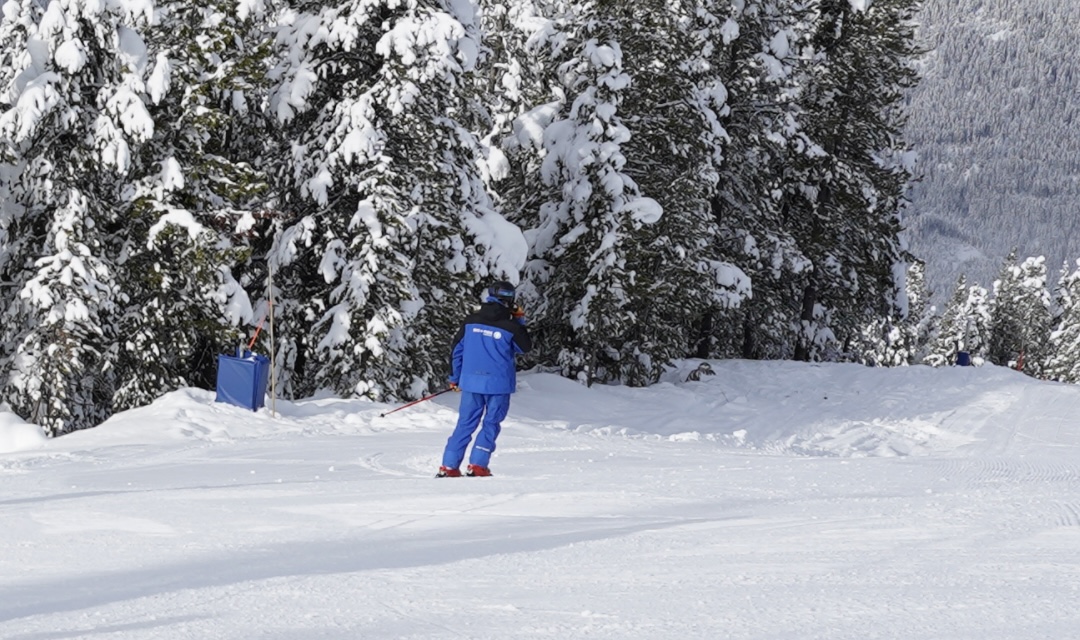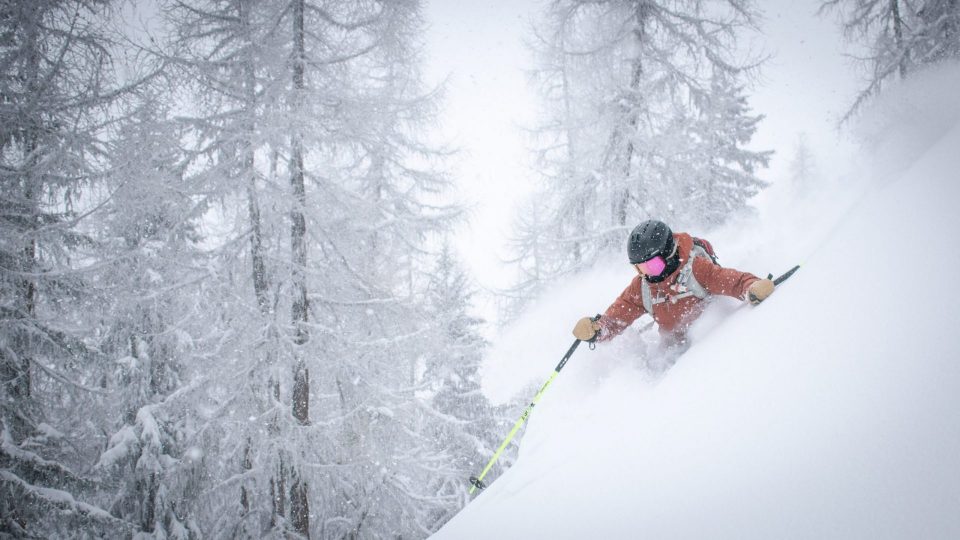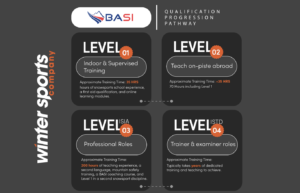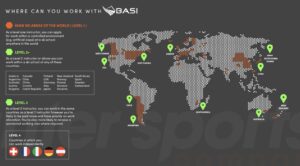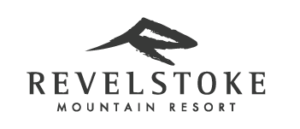BASI Qualifications Explained: Levels, Progression & Where They Take You
Like many international systems within ISIA, BASI uses a structured four-level qualification pathway. Each level builds on your technical skills, teaching ability, and mountain experience, opening doors to instructing opportunities across the globe.
BASI Level 1: Your First Step into Teaching
The BASI Level 1 course is perfect if you’re looking to get started as an instructor.
– A four-day training and assessment course.
– Includes a first aid qualification, 35 hours of snowsports school experience, and online learning modules.
– Level 1 instructors typically work at indoor snow centres in the UK or under supervision in ski schools abroad.
BASI Level 2: Teach on the Mountain
Ready to move on to real mountains? Level 2 enables you to teach more advanced skiers on international marked pistes.
– An eight-day training and assessment course.
– Requires an additional 35 hours of snowsports school experience (on top of Level 1 hours).
– You’ll refine your technical skills, learn to demonstrate for intermediate to parallel skiers, and gain more independence as an instructor.
BASI Level 3 ISIA: Become a Professional
This is where you step up to a professional, full-season instructor career.
– Awards the International Ski Instructor Association (ISIA) stamp.
– Requires 200 hours of teaching experience, a second language, mountain safety training, a BASI coaching course, and Level 1 in a second snowsport discipline.
– Level 3 opens up more countries and higher-level roles in ski schools.
BASI Level 4 ISTD: Join the Elite
The highest certification you can achieve, Level 4 (ISTD), recognises you as one of the best instructors worldwide.
– Extensive technical and teaching modules.
– Opens opportunities to become a trainer and course examiner.
– Typically takes years of dedicated training and teaching to achieve.
– Unlocks long-term, sustainable career pathways in the industry, including top-level international roles.
– Level 4 certifications are hosted by the governing body itself.
Where can BASI qualifications take you?
With each level, you expand where and who you can teach, from beginners in UK snowdomes to expert skiers on the world’s best mountains. BASI qualifications are respected globally and can help turn your passion for skiing into a true worldwide career.
Thinking about becoming an instructor?
Check out our ski and snowboard instructor courses to see where a BASI qualification can take you.




